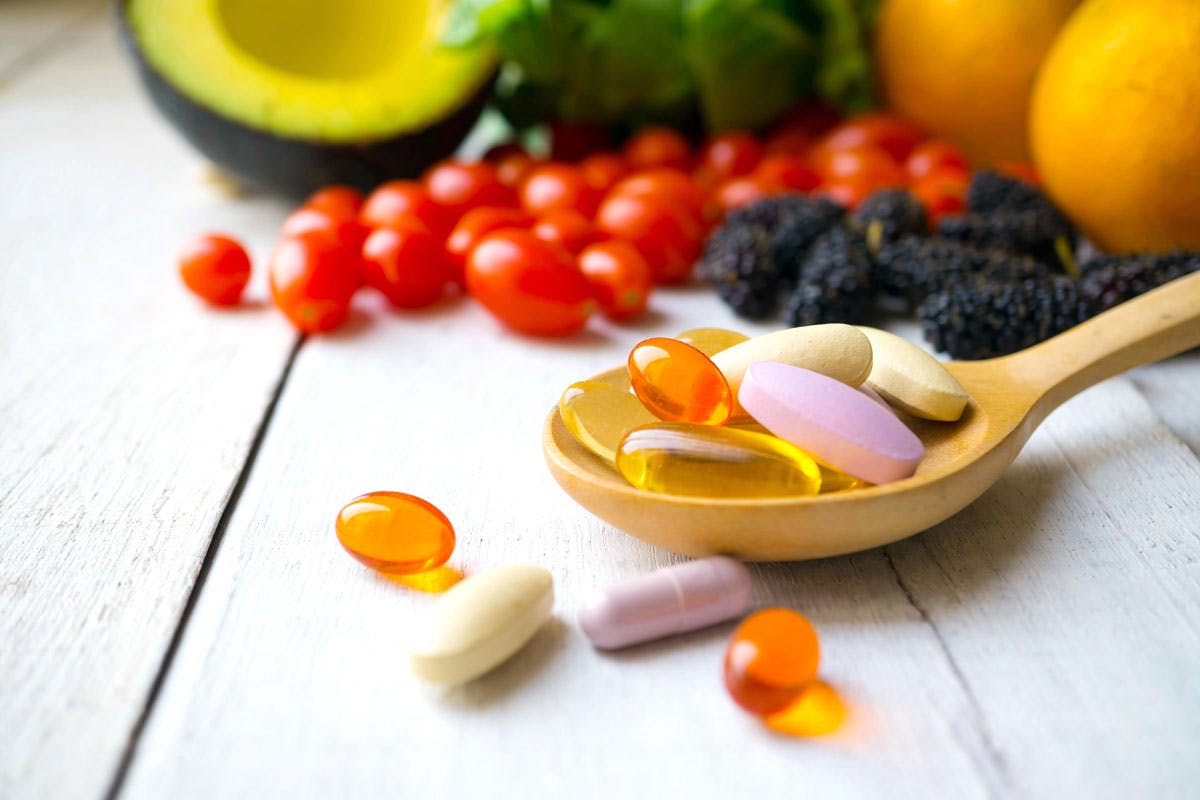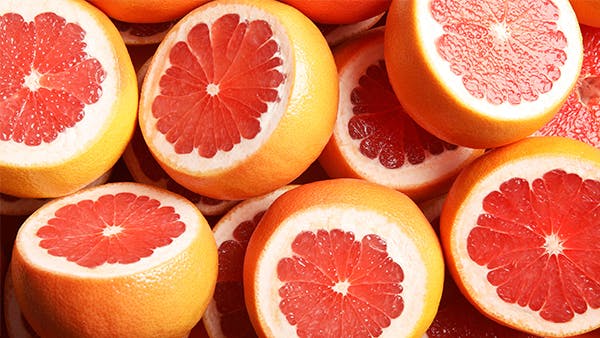Which Vitamins are Antioxidants?
The term “antioxidants” is often used as a buzzword in marketing. But it’s important to understand what they are and which vitamins and minerals serve as antioxidants so that you can incorporate them into your daily life. There are a variety of substances that can act as antioxidants—some more well-known than others. Follow along with Centrum to learn more.

What Is an Antioxidant?
An antioxidant is a general term for any compound that can counteract unstable molecules, called free radicals. According to Harvard Health, free radicals can cause damage to DNA, cell membranes and other parts of cells.[1]
Although free radicals are damaging by nature, they are unavoidable. The body generates free radicals in response to environmental factors like ultraviolet rays or air pollution.[1]
Since these molecules are so pervasive, we need antioxidants to come in and disarm them. Antioxidants neutralize free radicals by giving up some of their own electrons. In doing this, they act as a natural “off” switch for free radicals, which helps break a chain reaction that can affect other cells in the body.[1]
The cells in your body naturally produce some antioxidants, but certain vitamins and minerals found in the foods that you eat or supplements that you take are also sources of antioxidants.[1]
Which Vitamins Are Antioxidants?
These vitamins and minerals are great sources of antioxidants:
Vitamin E
The main role of vitamin E is to act as a free-radical fighter. Proven to promote health in a variety of ways, vitamin E may also help protect your body from free radical cell damage.[2] This essential nutrient occurs naturally in foods and it’s also available as a dietary supplement.
The following foods are a good source of vitamin E:[2]
- Vegetable oils
- Wheat germ
- Whole grains and fortified cereals
- Seeds
- Nuts
- Peanut butter
Vitamin C
One of the best-known antioxidants is vitamin C. This vitamin offers a wide range of health benefits including protecting the body from free radical cell damage, supporting your immune system, helping to produce collagen and assisting the body in iron absorption.[2] Vitamin C is found in many foods and it’s also available as a dietary supplement.
The following foods are great sources of vitamin C:[2]
- Citrus fruits
- Strawberries
- Sweet peppers
- Tomatoes
- Broccoli
- Potatoes
Carotenoids
Carotenoids are plant pigments responsible for the bright red, yellow and orange hues in many fruits and vegetables. And carotenoids like beta-carotene (a precursor of vitamin A), lycopene and lutein are all well-known fighters against free radical damage.[2]
Foods high in carotenoids include:[2]
- Sweet potatoes
- Carrots
- Tomatoes
- Brussels sprouts
- Winter squash
- Broccoli
Other Sources of Antioxidants
- Vitamin A: abundant in liver, sweet potatoes, carrots, milk and egg yolks
- Zinc: found in seafood, lean meat, milk and nuts
- Selenium: offered by seafood, offal, lean mean and whole grains
- Copper: sourced from seafood, lean meat, milk and nuts
- Flavonoids: provided by tea, green tea, citrus fruits, red wine, onion and apples [3]
Your body's cells face threats every day from free radicals and more. Antioxidants are important chemicals that can help stop or limit that damage. By eating a healthy diet and incorporating a multivitamin into your daily routine, you can get the most out of these antioxidants and help support your body.










